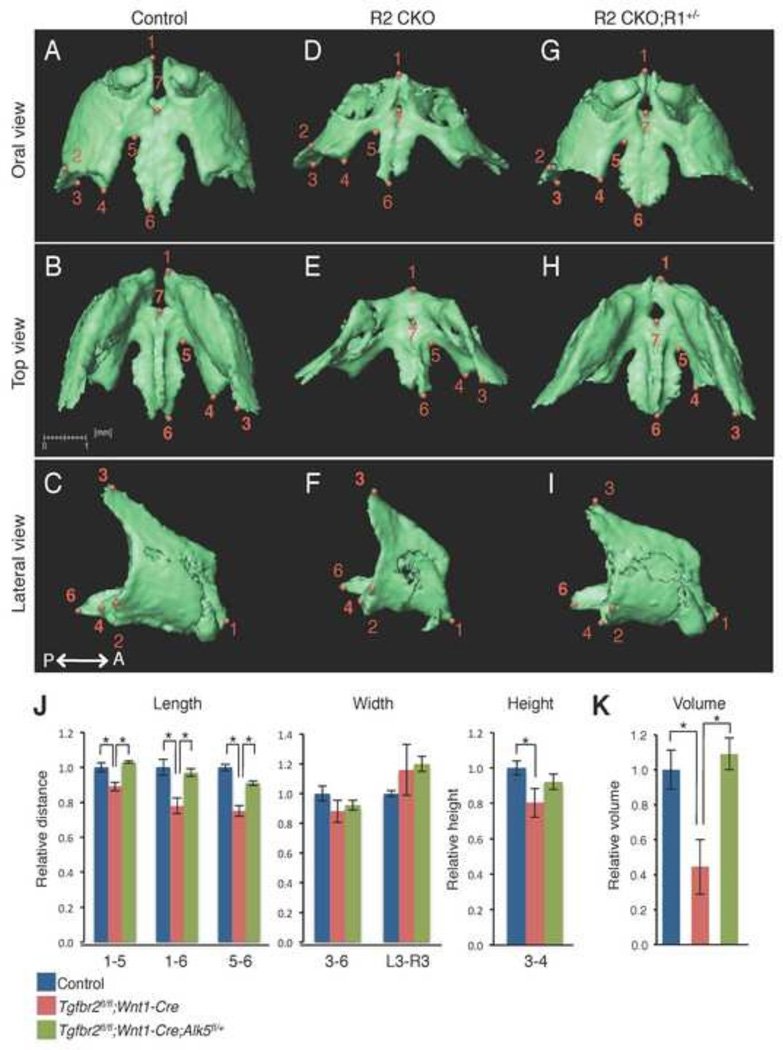Figure 3. Comparison of the size and volume of the premaxilla at E18.5.
A–I: Isolated premaxilla from control (A–C), Tgfbr2fl/fl;Wnt1-Cre (R2 CKO; D–F), and Tgfbr2fl/fl;Wnt1-Cre;Alk5fl/+ mice (R2 CKO;R1+/−;G–I) mice. P←→A: Posterior to Anterior J: Quantification of the size (length, width, and height) of the premaxilla from control (blue bars), Tgfbr2fl/fl;Wnt1-Cre (red bars), and Tgfbr2fl/fl;Wnt1-Cre;Alk5fl/+ (green bars) mice. *p<0.01. K: Quantification of the volume of the premaxilla from control (blue bar), Tgfbr2fl/fl;Wnt1-Cre (red bar), and Tgfbr2fl/fl;Wnt1-Cre;Alk5fl/+ mice (green bar) mice. *p<0.01. Definitions of landmarks: 1. Most anterior superior point of the premaxilla; 2. Most lateral point of the premaxillary-maxillary suture; 3. Tip of the frontal process; 4. Most medial point of the premaxillary-maxillary suture; 5. Most anterior point of the anterior palatine foramen; 6. Most posterior point of the premaxilla; 7. Most posterior point of the incisive foramen. Scale bar: 1 millimeter.

